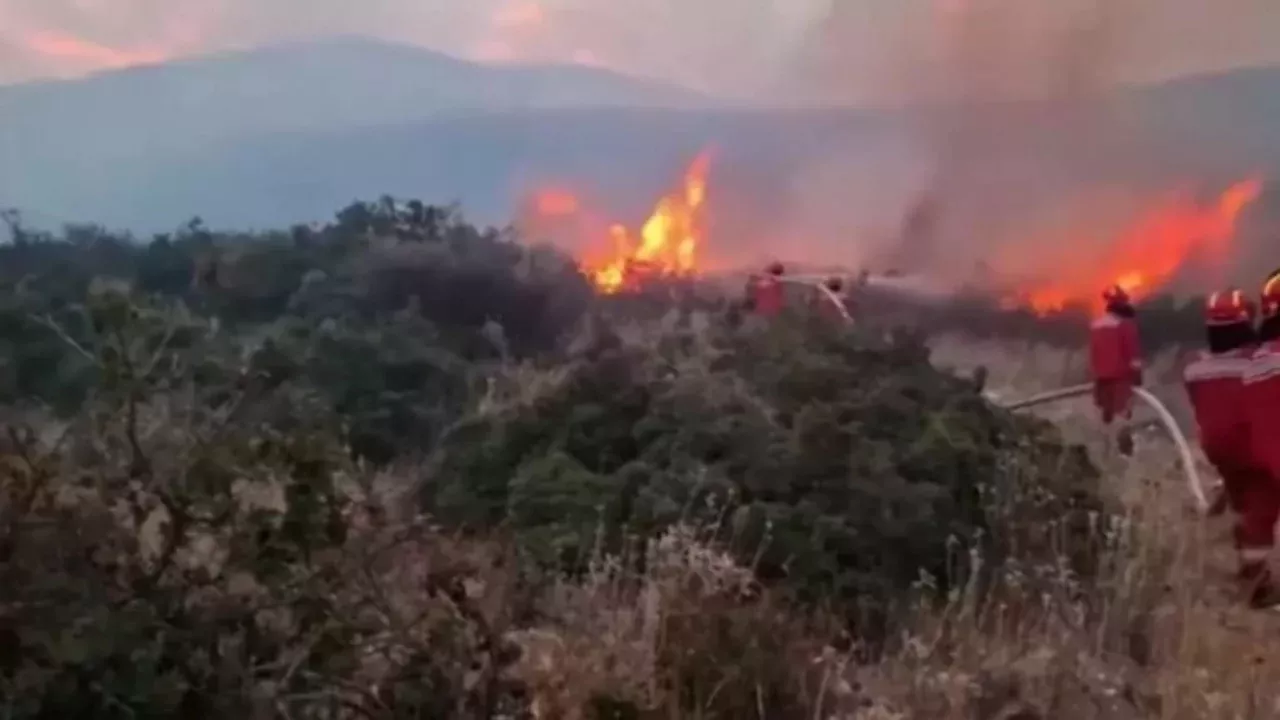Fires continue to be devastating in the Balkan countries

A number of countries in the Balkan Peninsula are currently facing serious ecological and infrastructural problems due to widespread and intense fires. This was reported by Zamin.uz.
The fires, caused by drought, high temperatures, strong winds, and human negligence, have not yet been fully brought under control. The most severe situation was observed in Albania over the recent weekend.
In several regions of the country, forests and open areas burned simultaneously. Thousands of hectares of land fell victim to the fires.
In nearly twenty populated areas, homes, electrical networks, and roads suffered serious damage. In some regions, residents were evacuated for safety reasons.
The Albanian government officially appealed to the European Civil Protection Mechanism through Tirana. In a short time, highly qualified firefighters from Italy, Croatia, and Hungary arrived in the country.
They are combating the fires with special equipment from the air and ground. Currently, hundreds of firefighters are actively working on the front lines.
A similar severe situation has arisen in Bulgaria as well. Over 230 fire spots have been recorded in various regions of the country.
The government requested assistance from the European Union to address the emergency situation. In some provinces, fires approached residential homes and agricultural lands, forcing local authorities to develop additional evacuation plans.
Some of the fires that occurred last week in North Macedonia and Croatia have been brought under control. However, weather conditions, particularly temperatures above 42 degrees, strong winds, and decreasing humidity, are increasing the risk of the fires flaring up again.
According to ecologists, the extensive fires in the Balkans pose a serious threat not only to nature but also to human health and social stability. Due to such recurring natural disasters every year, extensive discussions are being held among national politicians and international partners about climate change and measures to mitigate its consequences.
As urgent measures, experts recommend that residents refrain from lighting fires in natural areas, take their waste with them, and immediately report any fire incidents to local services. Additionally, temporary restrictions on air traffic, tourist routes, and agricultural activities are also being discussed.
The scale and speed of the fires have not yet diminished. Issues of strengthening cooperation between states and the extensive use of international technology and aviation remain urgent.
While experts express hope for rain in the coming days, meteorologists indicate that the probability of such is very low. To mitigate the damage to nature, not only states but also every citizen must act responsibly.
The fires in the Balkans are calling us to reconsider our relationship with the environment







